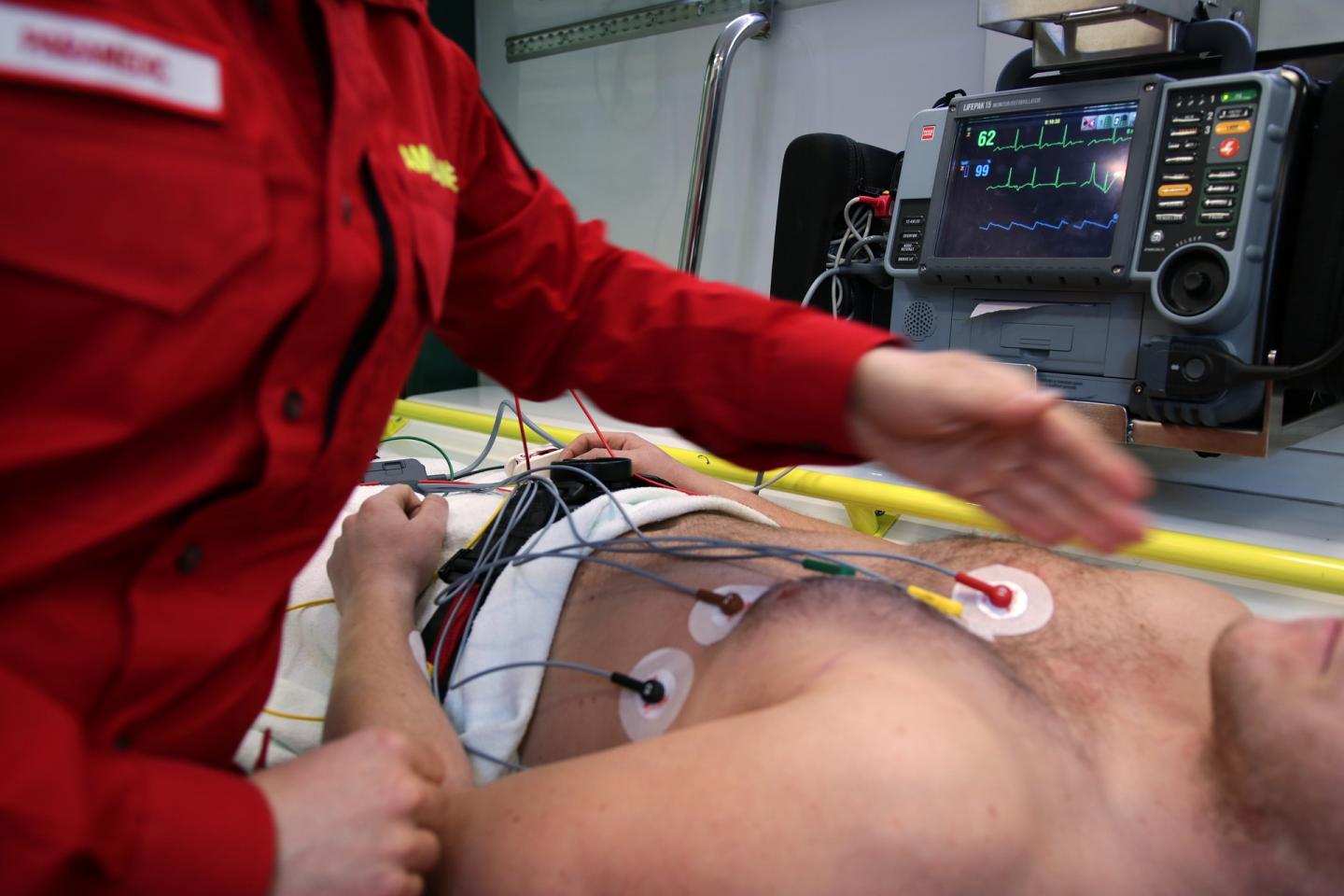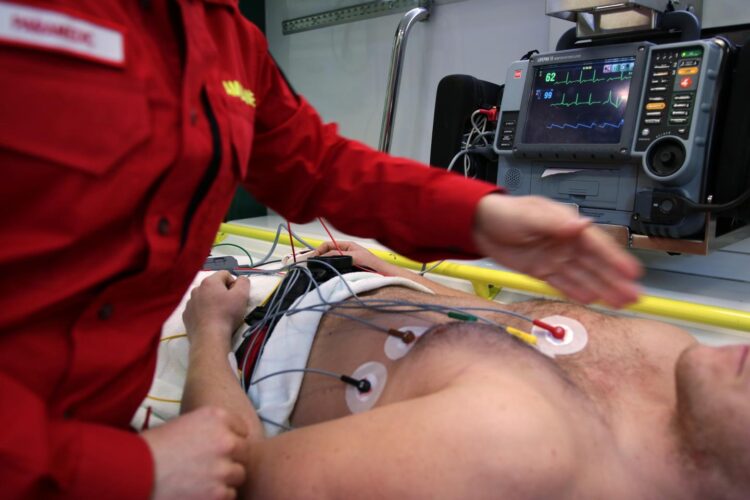Research published today has found that Australians strongly believe paramedics deserve a work environment free from the threat of physical harm, but when it comes to the risk of infectious disease, it’s complicated.

Credit: Pixabay
Research published today has found that Australians strongly believe paramedics deserve a work environment free from the threat of physical harm, but when it comes to the risk of infectious disease, it’s complicated.
Edith Cowan University (ECU) PhD candidate and paramedic Cameron Anderson investigated community attitudes regarding the professional obligation of paramedics to respond during pandemics.
The research showed that, pandemic or not, Australians expected an ambulance to arrive if children were involved, if there was adequate protective equipment and if it involved our immediate families.
“Community members felt strongly that paramedics deserve a work environment free from physical harm, but very much expect their paramedics to attend to infectious patients in a pandemic, particularly if there were children involved,” Mr Anderson said.
No PPE is a deal-breaker
Access to PPE (personal protective equipment) has been an issue globally during COVID-19. Previous ECU research found 86 per cent of Australian doctors reported feeling anxious about the level of PPE provided to them during the pandemic.
“It is likely that paramedics on the frontline would hold similar concerns if services had difficulty providing a ready supply of PPE. And these concerns, it appears, are valid according to many of the participants in this research,” Mr Anderson said.
“Respondents said if PPE was not available it became above and beyond the call of duty for paramedics to respond to an infectious disease case if they were not appropriately protected.”
One participant offered the following reflection:
“If they have PPE, then yes, I expect them to be responding in a pandemic, but if not, it’s a hard one. Because we still need them to be out there in the community helping people, but not if it means they are at high risk of getting sick themselves and then taking it home to their own families.”
Attitudes change when it involves children
Mr Anderson said the community has a great appreciation for the important role of paramedics in the health system and believe there is a moral obligation for paramedics to attend work and respond to whatever cases they are assigned to during their shifts.
“There are, however, a few notable exceptions – pregnant women, single parents and families where both parents are dual responders were felt to have a greater moral ‘right to refuse’ risky cases, but not to the point where the broader health system is compromised,” he said.
“Significantly, participants were united on one point: where the wellbeing of sick children is at risk, there is a strong and consistent community expectation that paramedics will accept additional risks to help.”
###
Mr Anderson’s research paper: Do paramedics have a professional obligation to work during a pandemic? A qualitative exploration of community member expectations, is published in the journal of Disaster Medicine and Public Health Preparedness.
Media contact: Tori Pree, Communications Coordinator, +61 8 6304 2208, [email protected]
Media Contact
Tori Pree
[email protected]
Related Journal Article
http://dx.





